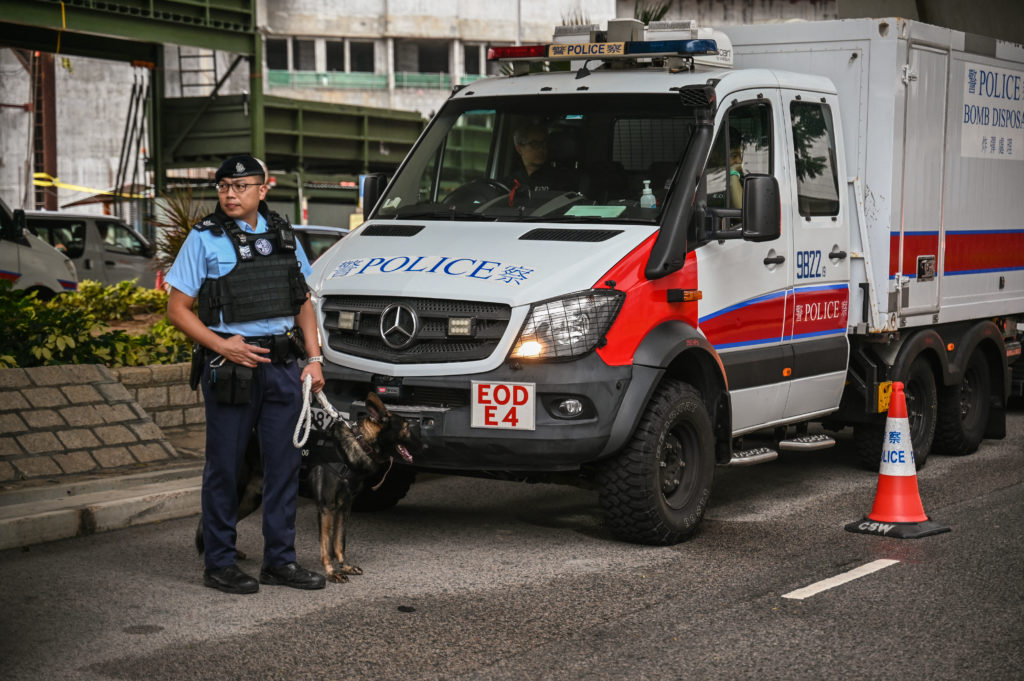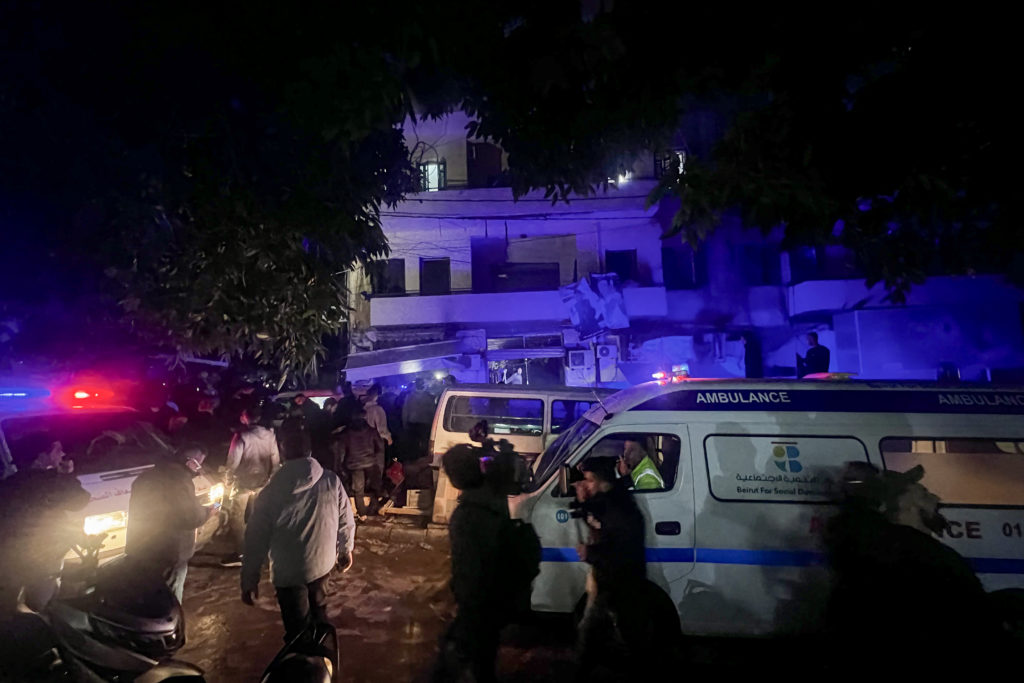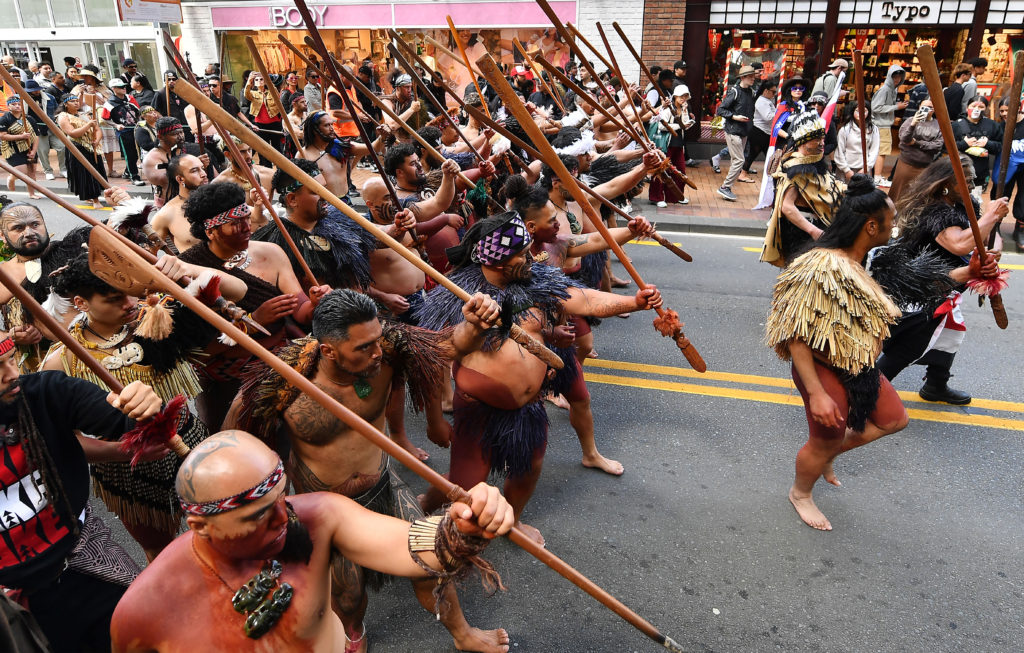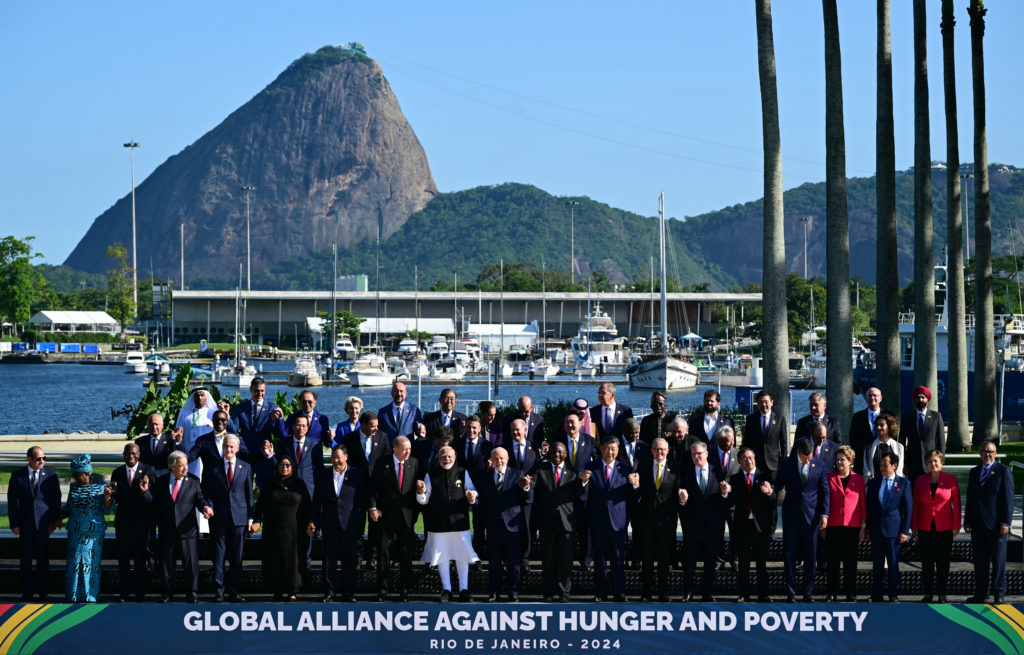The world prepared to usher in 2022 on Friday after another tumultuous and pandemic-ridden year capped by new restrictions, soaring case numbers, and a slight glimmer of hope for better times ahead.
The past 12 months saw a new US president and a new Adele album, the first spectator-free Olympics, and dreams of democracy from Afghanistan to Myanmar and Hong Kong crushed by authoritarian regimes.
But it was the pandemic — now entering its third year — that again dominated life for most of humankind.
More than 5.4 million people have died since the coronavirus was first reported in central China in December 2019.
Countless more have been sickened — subjected to outbreaks, lockdowns, lock-ins and an alphabet spaghetti of PCR, LFT and RAT tests.
The year 2021 started with hope, as life-saving vaccines were rolled out to around 60 percent of the world’s population, although many of its poor still have limited access, and some of its rich believe the jabs are part of some ill-defined plot.
As the year drew to a close, the emergence of the Omicron variant pushed the number of daily new Covid cases past one million for the first time, according to an AFP tally.
Britain, the United States, and even Australia — long a refuge from the pandemic — are breaking records for new cases.
– To party, or not? –
From Seoul to San Francisco, New Year’s Eve celebrations have again been cancelled or curtailed.
In Rio, celebrations that usually bring three million people to Copacabana Beach, will go ahead.
As in New York’s Times Square, official events in the “Cidade Maravilhosa” will be scaled back — but crowds of revellers are still expected.
“People have only one desire, to leave their homes, to celebrate life after a pandemic that has forced everyone to lock themselves up,” 45-year-old Copacabana beach waiter Francisco Rodrigues said.
Some Brazilians are more circumspect, after one of the world’s deadliest outbreaks that left 618,000 dead.
“There will be lots of people on Copacabana,” said 27-year-old lawyer Roberta Assis. “It’s inevitable.”
She plans to hang out at a friend’s house with a small group. “It’s not the moment for large gatherings,” she said.
Authorities in Seoul are showing similar caution, barring spectators from a traditional midnight bell-ringing that will instead be and live-streamed on television and a metaverse platform that will allow people to view a virtual-reality version of the ceremony.
– ‘Focus on the positive’ –
In contrast, Australia’s largest city Sydney has decided to press ahead with a firework display that will light up the city’s harbour.
Unlike last year’s spectator-free event, tens of thousands of revellers are expected to crowd the foreshore despite one of the world’s fastest-growing caseloads.
“I’m just trying to focus on the positive things that happened this year, rather than dwelling on all the bad things that have happened,” said 22-year-old medical student Melinda Howard, who was part of an enthusiastic but smaller-than-usual crowd waiting by the Opera House for fireworks to begin.
Australia’s conservative government says an abrupt U-turn — abandoning “Covid-zero” in favour of “living with Covid” — is based on high rates of adult vaccination and mounting evidence that Omicron is less deadly.
Many Western leaders have been hesitant to reimpose strict controls seen in 2020, for fear of sparking a new economic downturn.
But on-again-off-again restrictions have still prompted frequent, vocal and occasionally violent anti-lockdown, anti-vaccine and anti-government protests.
– Trying times –
It was not all doom and gloom, however. In South Africa, the first country to report the new variant, a midnight-to-4:00 am curfew was lifted to allow celebrations to go ahead.
Health officials there said that a dip in infections in the past week indicated the peak of the current wave had passed.
For now, the World Health Organization has warned of trying times ahead.
“I am highly concerned that Omicron, being more transmissible, circulating at the same time as Delta, is leading to a tsunami of cases,” WHO chief Tedros Adhanom Ghebreyesus said.
“This is and will continue to put immense pressure on exhausted health workers, and health systems on the brink of collapse.”
Experts and non-experts alike hope that 2022 may be remembered as a new, less deadly phase of the pandemic.
“I think it’s gonna be amazing because we’re going to say goodbye to all these difficult situations,” said 31-year-old reveller Oscar Ramirez in Sydney.
“Hopefully 2022 is going to be better for everyone. Everyone in the world needs a big change.”










